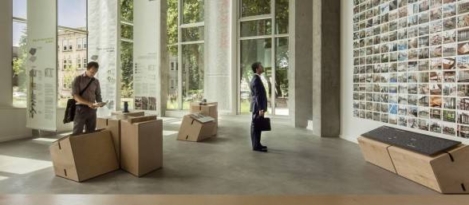May 15, 2015
Employers embracing more collaborative hands-on learning cultures
 There is a growing trend for employers to create collaborative hands-on learning cultures, with internal knowledge-sharing initiatives such as job shadowing and social learning increasingly commonplace. In the latest snapshot of the annual survey of L&D professionals by the CIPD, coaching by line managers or peers was the method of learning most likely to grow in use in organisations over the next two years, according to almost two-thirds (65%) of respondents. Over half (53%) expect to see the use of in-house development programmes increase, and on-the-job training (48%) and internal knowledge sharing events (46%) are also expected to become prevalent. The findings imply a growing focus on efforts to foster a learning culture with many organisations using technology to support learning and development.
There is a growing trend for employers to create collaborative hands-on learning cultures, with internal knowledge-sharing initiatives such as job shadowing and social learning increasingly commonplace. In the latest snapshot of the annual survey of L&D professionals by the CIPD, coaching by line managers or peers was the method of learning most likely to grow in use in organisations over the next two years, according to almost two-thirds (65%) of respondents. Over half (53%) expect to see the use of in-house development programmes increase, and on-the-job training (48%) and internal knowledge sharing events (46%) are also expected to become prevalent. The findings imply a growing focus on efforts to foster a learning culture with many organisations using technology to support learning and development.




































May 5, 2015
A responsible approach needed for the design and build of London’s towers 0
by Paul Chilton • Architecture, Comment, Property
(more…)